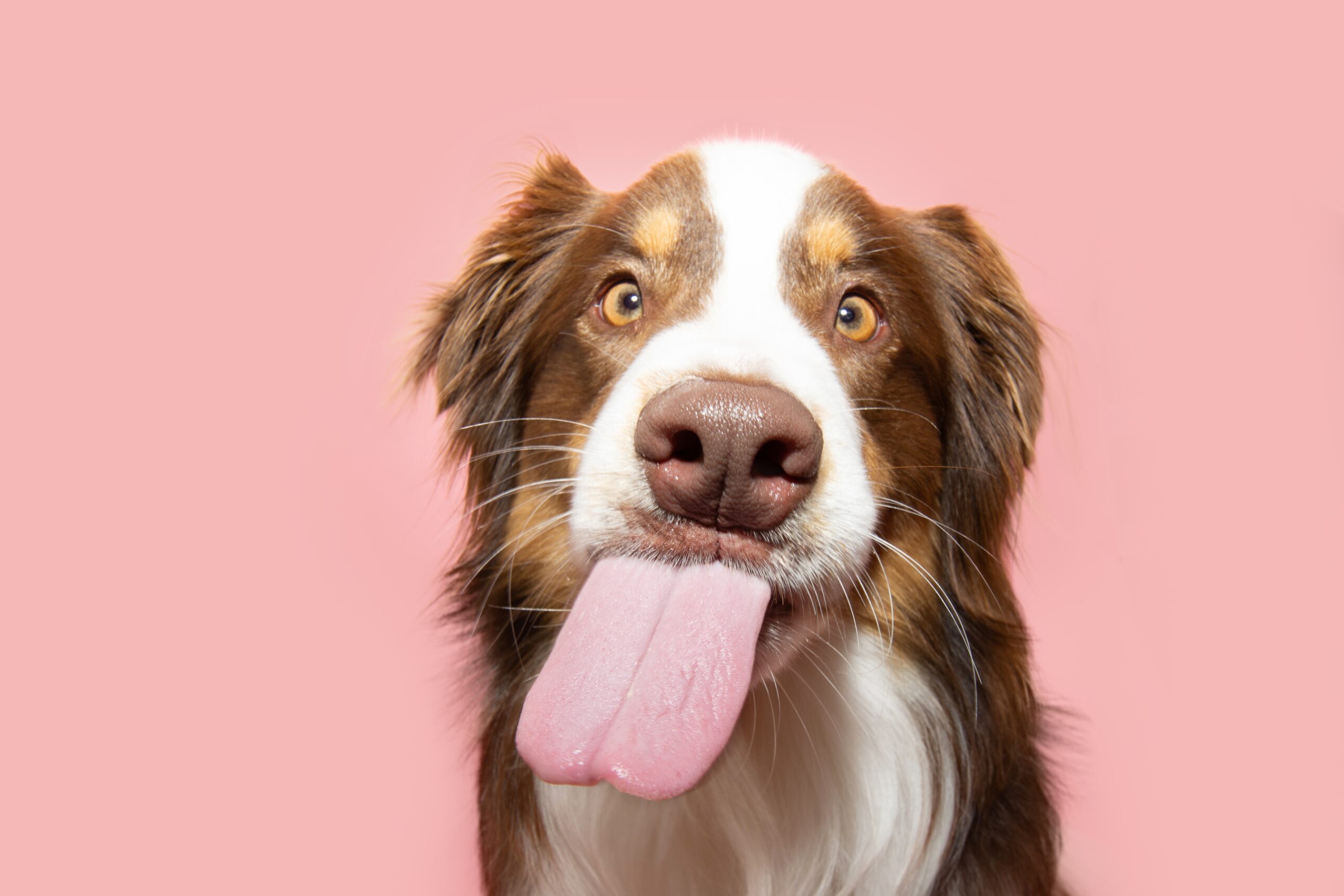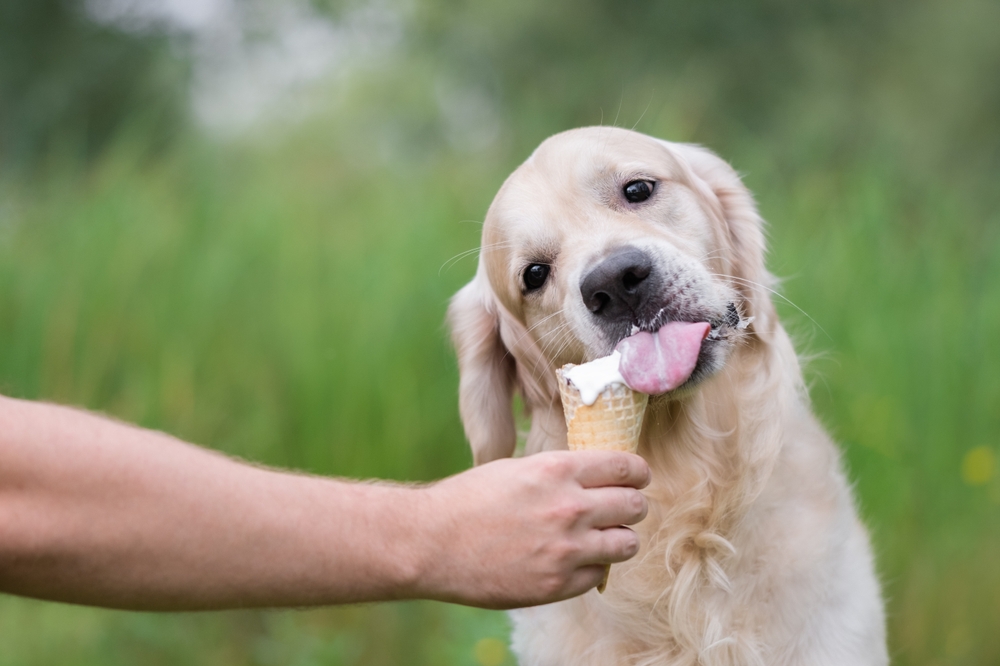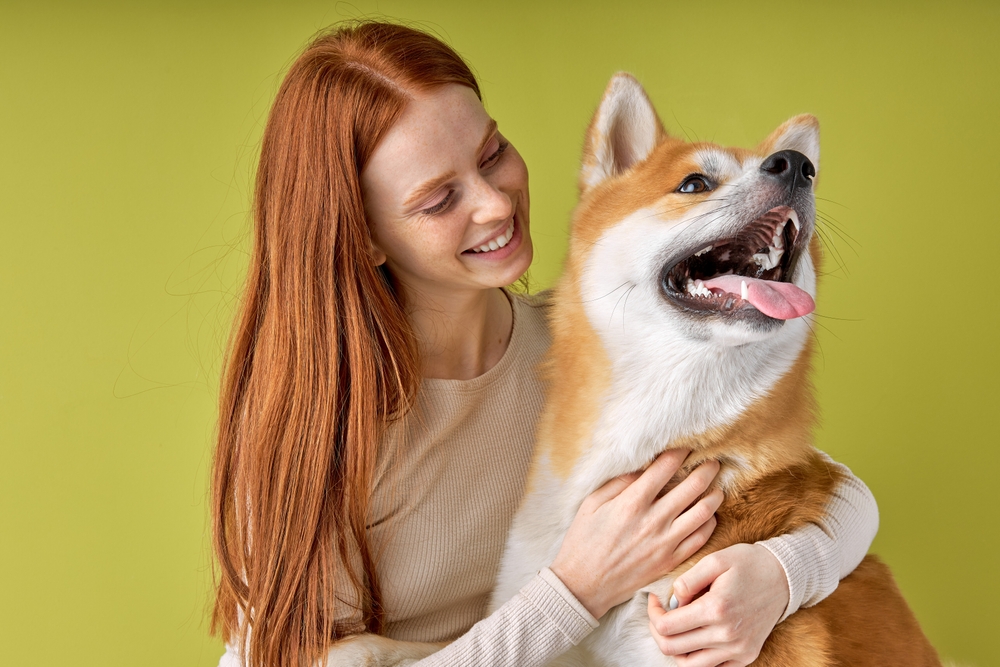Most dog owners are familiar with the affectionate lick—a warm, wet greeting often delivered with a wagging tail and eager eyes. But have you ever wondered what your dog is really trying to communicate with that lick? Are they just saying “I love you”, or is there more going on? As it turns out, a dog’s licking is more complex than it seems. It carries meanings that vary depending on the context, personality, and even the moment. Here’s a closer look at what your dog might be saying with those licks.
For starters, licking is a behavior that begins early in a dog’s life. From the moment they’re born, puppies are licked by their mothers as a way of bonding and nurturing. This licking stimulates their senses, helps them bond with their mom, and even encourages their physical development like improved circulation and digestion. So, from the very beginning, licking is a form of communication and care. When your dog licks you, they may be tapping into these instinctual behaviors where they’re trying to form a bond with you the way they did with their mom.

Licking is also deeply rooted in a dog’s social structure. In the wild, dogs and wolves lick each other as a sign of submission, respect, and pack bonding. A lower-ranking dog might lick a higher-ranking one to show deference, while a mother might lick her pups to reinforce the bond. When your dog licks you, they could be reinforcing their bond with you. It also may mean that they view you as a member of their pack or that they respect you. In their own way, it’s a sign of loyalty and affection, a way of saying, “I’m here for you” and “I trust you.”
But licking isn’t always about affection or bonding. Sometimes, it’s simply a way of seeking attention. Dogs are highly social creatures, and they crave interaction, especially with the humans they’ve come to view as family. A dog knows that one of the quickest, and cutest, ways of getting your attention is by licking. Whether they want a pet, a word, or even just your attention—they may use licking as a way to ask for your focus. In this case, the lick becomes a polite but insistent way of saying, “Hey, pay attention to me!” It’s their way of prompting you to interact, to look their way, or to give them a bit of your time.
For some dogs, licking is also about exploring and gathering information. Much like humans touch and feel things to understand them, dogs use their sense of taste and smell to make sense of the world. A dog’s tongue is packed with receptors that allow them to “taste” information about their environment. When they lick you, they’re not just tasting you; they’re gathering data about where you’ve been, what you’ve eaten, or even your current mood (yes, dogs can sense subtle emotional cues). To a dog, licking is a way of learning about you, just like sniffing or exploring a new object.

Interestingly, licking can also be a form of self-soothing for some dogs. Just as people might chew gum, tap their feet, or even hug a pillow for comfort, some dogs lick to relieve stress or anxiety. If you notice that your dog’s licking increases during moments of change or after a stressful event, it may be a coping mechanism they’ve developed. In these instances, licking you can be a source of comfort, a way for them to calm down and ground themselves. If the licking is excessive, however, it could be a sign of underlying anxiety that might need some attention or even a consultation with a vet or behavior specialist.
Another reason your dog might be licking you is that they simply enjoy the taste. Humans naturally have salt on their skin, and some dogs are particularly drawn to it. After exercising or on a warm day, your skin might taste especially salty, which can make your dog’s licking even more enthusiastic. For some dogs, licking is just a simple, enjoyable sensory experience, much like how humans enjoy certain flavors or textures. It might not have any deeper meaning other than pure enjoyment.
Licking can be a learned behavior. If your dog has received positive reinforcement—like petting or verbal praise—after licking, they may have come to associate licking with positive outcomes. In their mind, licking equals a reward, so they continue to do it to get your affection. Over time, this can become a habit, one that may persist simply because they’ve learned that licking makes you happy or gets your attention.

Finally, in some cases, dogs lick as a way of checking on your well-being. Dogs are sensitive to the emotions of their owners. Research has shown that dogs can detect changes in human hormones, scent, and even facial expressions. If you’re feeling down, anxious, or unwell, your dog might lick you as a way of comforting you or expressing concern. It’s their gentle way of saying, “I’m here for you” and “I care.” They may not fully understand the reason for your emotions, but they sense that something is different and want to help.
So, when your dog next greets you with an enthusiastic lick, consider the many things they might be “saying.” Are they asking for attention, seeking comfort, or simply telling you they love you? Each lick could carry a different message, and understanding them brings you closer to your furry friend. The next time they lick you, you might find yourself smiling, knowing that behind each lick is a world of meaning, affection, and genuine connection.
In the end, licking is a complex behavior that means different things depending on the dog and the situation. Whether they’re expressing love, gathering information, or just enjoying the taste, dogs use licking to connect with us in ways that go beyond words. It’s a simple gesture with profound roots, one that reminds us of the unique bond we share with our dogs—one that’s built on trust, loyalty, and lots of slobbery kisses.
